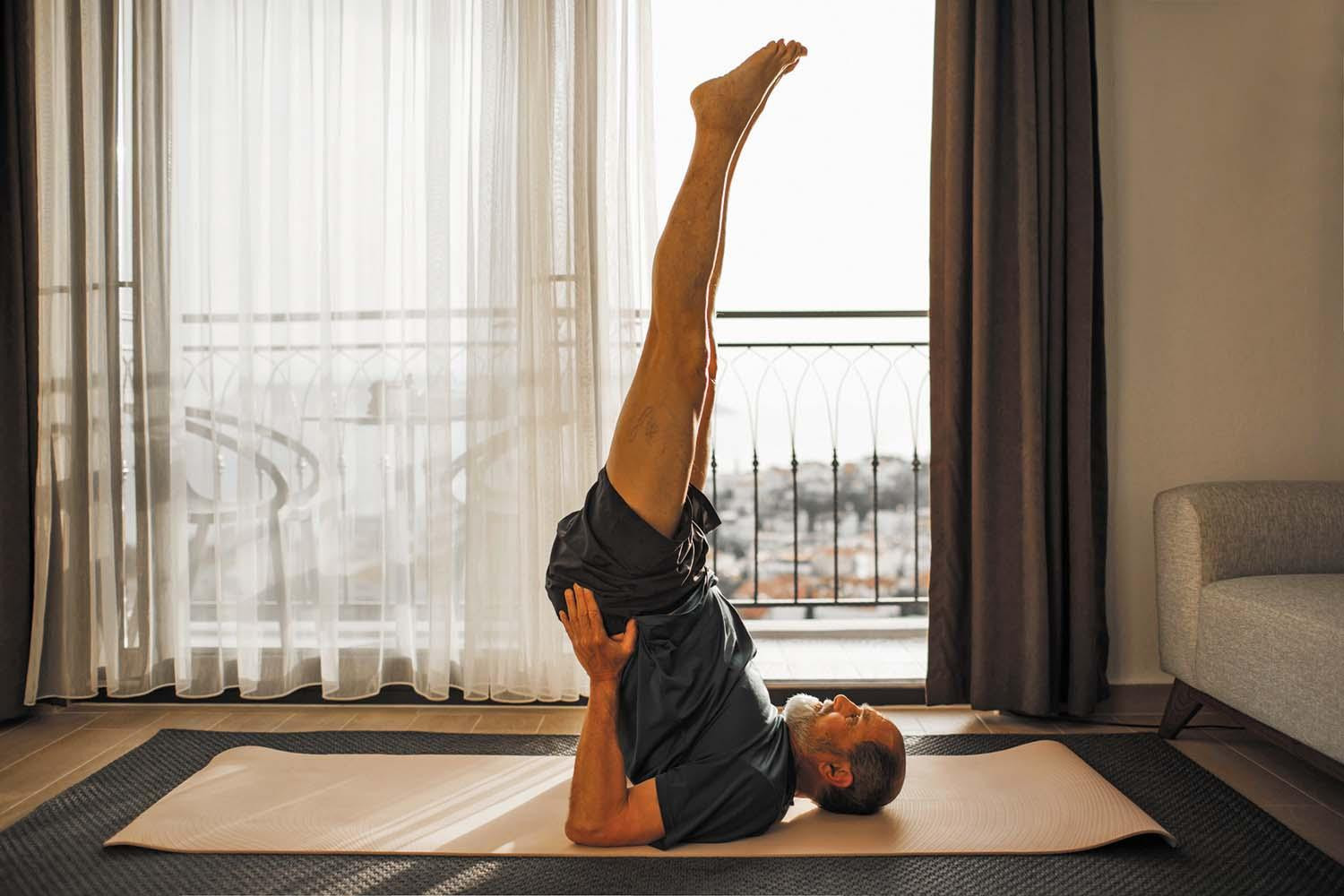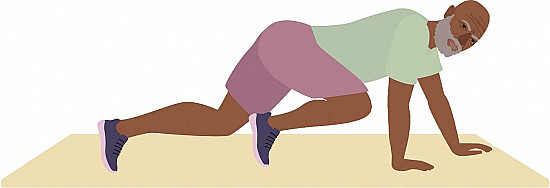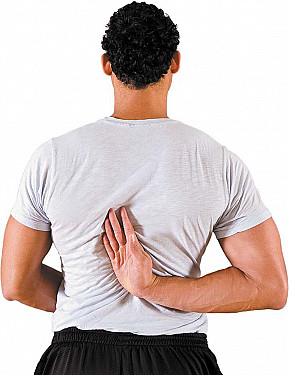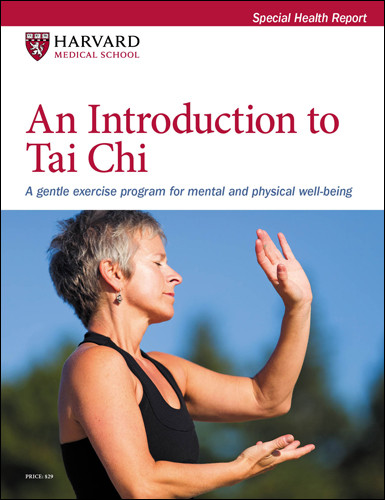Yoga, tai chi, walking, and running may help with insomnia
In the journals
- Reviewed by Howard E. LeWine, MD, Chief Medical Editor, Harvard Health Publishing; Editorial Advisory Board Member, Harvard Health Publishing

Ongoing research has suggested that exercise is beneficial in managing insomnia, but it hasn’t been clear which types of exercise may be most effective. A study published online July 15, 2025, by BMJ Evidence-Based Medicine may offer insight.
Researchers reviewed 22 clinical trials that used a variety of treatments to ease insomnia. The treatments included exercises such as yoga, tai chi, walking, running, strength training, aerobic exercise combined with strength training, aerobic exercise combined with psychotherapy, and a mix of different aerobic exercises. Other approaches included cognitive behavioral therapy, improved sleep hygiene, Ayurvedic medicine, acupuncture, and massage. The treatment programs ranged from four to 26 weeks.
The researchers found that certain exercises were more effective for managing insomnia. For instance, study subjects practicing yoga increased total sleep time and improved sleep efficiency (the percentage of time spent asleep while in bed) by nearly 15%. Those who exercised by walking or running experienced reduced insomnia severity, and tai chi was associated with increased total sleep time by more than 50 minutes.
The researchers suggested several explanations for the findings. The calming effects of yoga may help alleviate anxiety and depression symptoms, which interfere with sleep. Tai chi emphasizes breath control and physical relaxation to help reduce anxiety. Walking and running may dampen cortisol production (the stress hormone) and boost the sleep hormone melatonin. Future studies that focus on the frequency and intensity of these exercises could lead to more formal guidelines.
Image: © Oleg Breslavtsev/Getty Images
About the Author

Matthew Solan, Executive Editor, Harvard Men's Health Watch
About the Reviewer

Howard E. LeWine, MD, Chief Medical Editor, Harvard Health Publishing; Editorial Advisory Board Member, Harvard Health Publishing
Disclaimer:
As a service to our readers, Harvard Health Publishing provides access to our library of archived content. Please note the date of last review or update on all articles.
No content on this site, regardless of date, should ever be used as a substitute for direct medical advice from your doctor or other qualified clinician.
















